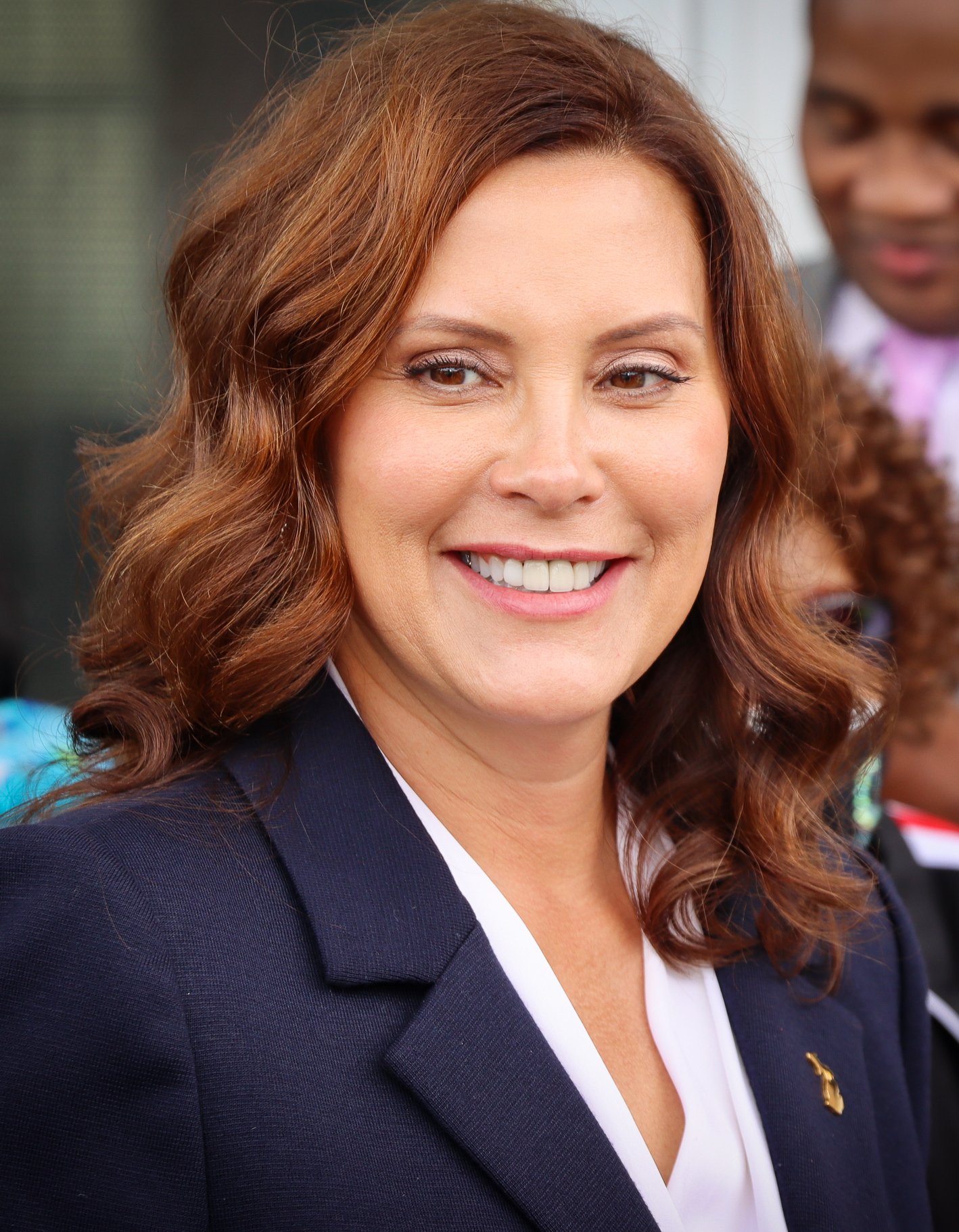As Seen in Michigan Information & Research Service Inc.
Nursing Home Workers Get $1.50 Hourly Raise In Budget
The proposed $35.5 billion 2024 budget for the Michigan Department of Health and Human Services (MDHHS) would provide more than $300 million to increase wages for people working in nursing homes. Gov. Gretchen Whitmer proposed $210.1 million to go toward increasing the wages of direct care professionals at nursing homes across Michigan. Another $90 million would be going to increase the wages of non-direct care nursing home staff. In all, this would increase the average by $1.50 per hour. “Long-term, statewide strategies to keep direct care workers on the job are long overdue and this proposal is a great place to start,” said Robert Stein of the Michigan Assisted Living Association. Stein said the association is looking forward to working on the pay increase. “Michigan’s vulnerable individuals and their families are relying on it,” he said.
On the governor's call for a $1.50 hourly wage hike for direct care workers, and a $1 boost for all other indirect day care employees, the lobbyist for the Hope Network is expressing approval of the move although former Rep. Joe Haveman reflects, "anything is better than nothing." That is his way of saying that a bigger increase is needed, but he quickly added, "I'm not going to criticize the governor because she is trying" and in the end he will take that.
The Network represents about 3,000 workers in hospitals, nursing homes, rehab centers and the like and he is hoping the potential raise, if lawmakers agree, "will trickle down to the private sector," as well. He said he expects to get a better reception from the new Democratic-controlled legislature on all this than he might have gotten had the R's kept control. This is coming from a Republican who now considers himself, "a man without a party."
Of the proposed $35.7 billion MDHHS budget, $6.3 billion is funded by the General Fund. One-time funding makes up $257.5 million, which has $236.1 million coming from the state. There would also be six programs cut from the budget, including $250 million in funding for the Adoptive Family Support Network. Several other items are housed in the budget, which would be increased from 2023 by $2.3 billion if passed as it is currently.
The spending plan has MDHHS creating a new office called the Office of Community Violence Intervention Services, which would be responsible for reducing violence, such as gun deaths. It will have a $10.8 million budget and $2 million will go to prevent gun deaths. $8 million will be used for grants to community violence prevention agencies. Victims service programs would get $7.9 million.
“This budget also provides new tools and supports for foster families to allocate funds to direct reimbursement for adoptive families, guardians and foster parents,” Budget Director Chris Harkins said. Foster families would receive $19.3 million in financial support, which Harkins said would be an 8% increase. Another $15.1 million would go to provide short-term care with a specialized caregiver support system for foster parents. The Child Welfare Information System would see $12.6 million go to a cloud-based computer data storage system. "Funding in the budget will help the department continue the transformation it has made to the child welfare system that has resulted in improved safety for children and families since the inception of the federal lawsuit," said MDHHS spokesperson Bob Wheaton.
The Racial Disparities Task Force recommended programs would cost $58 million, including $2 million to develop equity training in the department and $10 million to improve data collection on equity. The task force also recommended $18.5 million for the creation of a neighborhood health grant program, $18.1 million for local healthy community zones, which would provide access to healthy food, affordable housing and safety networks. A one-time $2.5 million grant would go to support sickle cell services.
Michigan’s drinking water system infrastructure would get $100 million to support ongoing plumbing replacements for places with lead pipes. “The delivery of safe and clean water is the top priority of every municipal water system in Michigan,” said Michigan Municipal League Executive Director Dan Gilmartin. Gilmartin said the budget would go a long way to removing lead service lines from municipalities across the state. “In Michigan, our water is part of who we are, and that means we must ensure all communities, regardless of zip code, have safe, clean and affordable drinking water,” said Lisa Wozniak, executive director of the Michigan League of Conservation Voters.
The proposed $6.2 million would fund the Medicaid Plan First! program, which would expand access to family planning services for nearly 25,000 Michiganders. “Affordable access to birth control is a vital tool for health, economic opportunity and reproductive freedom,” said Kathy Bacon, Arnold Ventures director of contraception choice and access.
Local health departments would get $30 million and $22.5 million would go to respond to environmental public health threats.
Mental health recruitment would get $5 million for funding scholarships and other tools. There would be $5 million for mental health services for first responders. Medicaid reimbursement would see $129.7 million. "The budget also supports families covered by Medicaid and the Healthy Michigan Plan. Governor Whitmer’s budget will ensure more Michiganders have the support they need to get and stay healthy," Wheaton said.





